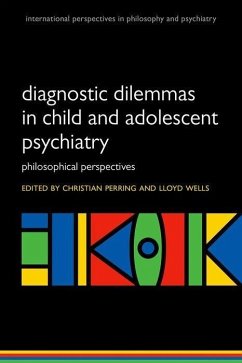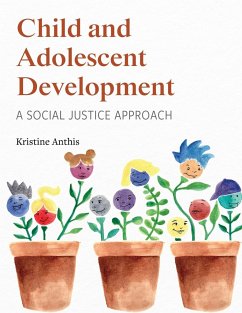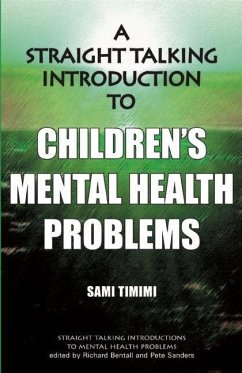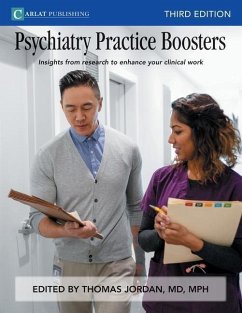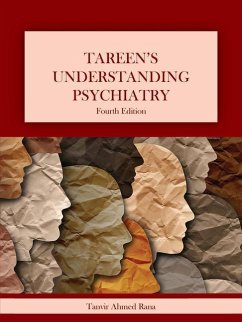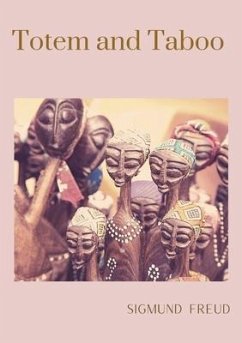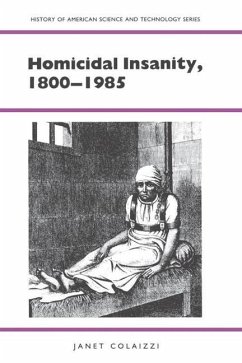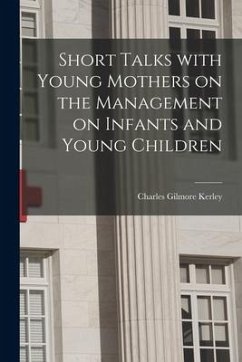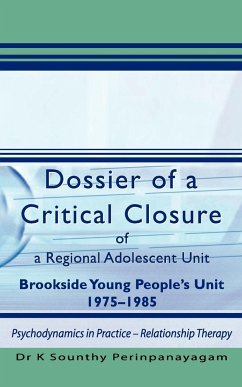
Dossier of a Critical Closure of a Regional Adolescent Unit Brookside Young People's Unit 1975-1985
Psychodynamics in Practice - Relationship Therapy
Versandkostenfrei!
Versandfertig in 1-2 Wochen
31,99 €
inkl. MwSt.

PAYBACK Punkte
16 °P sammeln!
Dr K Sounthy Perinpanayagam, known as Dr Perin to patients and colleagues in England, grew up in Ceylon (Sri Lanka) when it was a colony of Great Britain and during its transition to an independent democratic state in the commonwealth. He qualified as a doctor in 1960 at the Colombo Medical School. Having trained in and practised general medicine, paediatrics, surgery and obstetrics and gynaecology for four years, he entered the field of psychiatry at the mental hospital, Angoda, Ceylon, where he saw and practised the early forms of treatment - insulin treatment, ECT and drug treatment with Se...
Dr K Sounthy Perinpanayagam, known as Dr Perin to patients and colleagues in England, grew up in Ceylon (Sri Lanka) when it was a colony of Great Britain and during its transition to an independent democratic state in the commonwealth. He qualified as a doctor in 1960 at the Colombo Medical School. Having trained in and practised general medicine, paediatrics, surgery and obstetrics and gynaecology for four years, he entered the field of psychiatry at the mental hospital, Angoda, Ceylon, where he saw and practised the early forms of treatment - insulin treatment, ECT and drug treatment with Serpasil - and also saw the beginning of the change into the phenothiazines and the modern drugs. In the UK he went immediately into work in English hospitals and passed the Diploma in Psychological Medicine and the Membership of the Royal College of Psychiatrists. He was a founder member of the Group of Senior Forensic Psychiatrists at the Portman Clinic, started by Dr Gallwey. Sounthy was accepted for training at the British Institute of Psychoanalysis in 1971. Although he has been steeped in psychodynamic work for many years, he has retained his belief in formal psychiatry and has continued to use it with those suffering from a formal psychiatric illness. Dr Perinpanayagam believes that every psychiatrist should have training in both psychoanalytical work and formal psychiatry if they are to be able to make appropriate differential diagnoses and provide an effective service.



